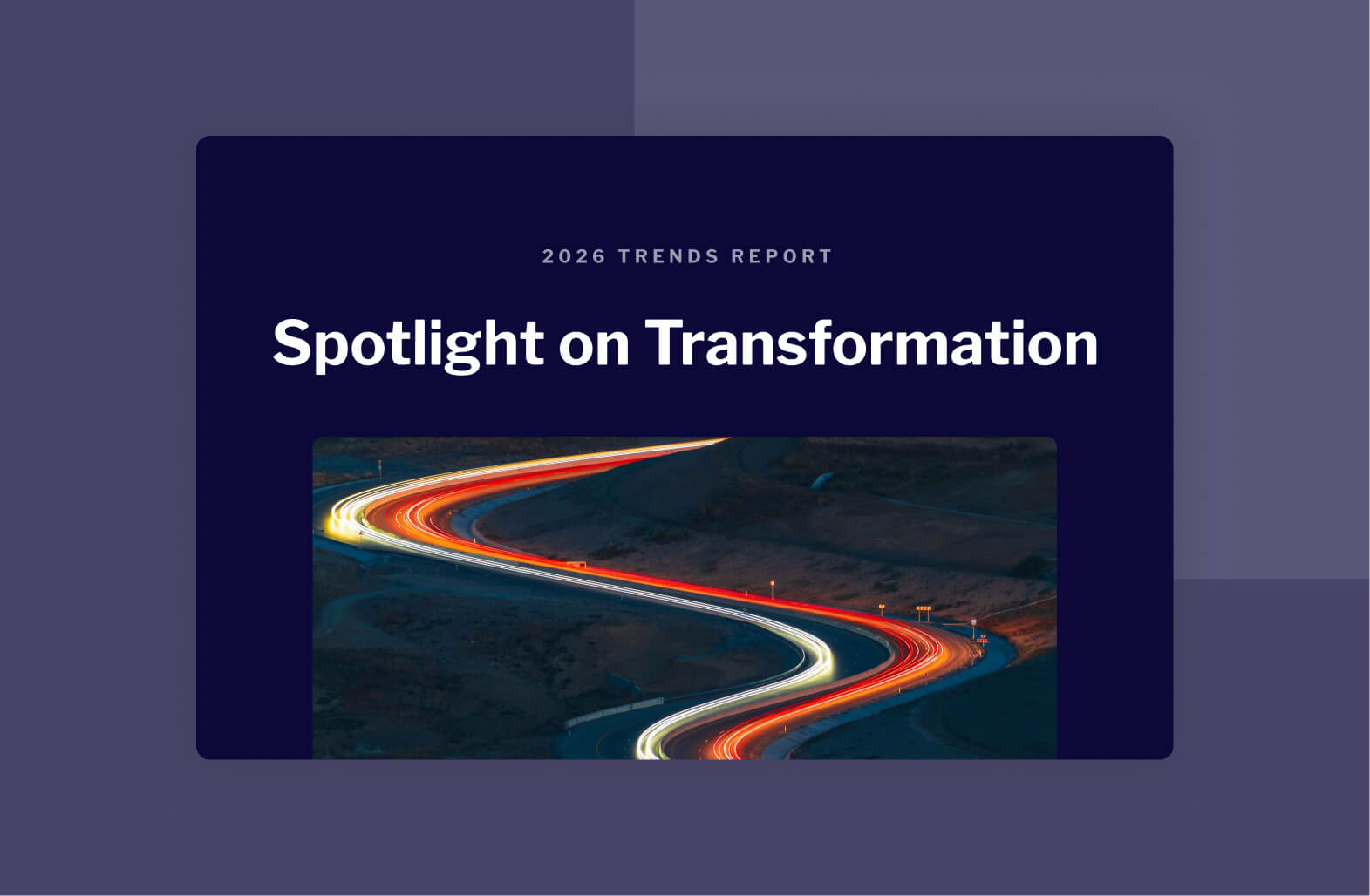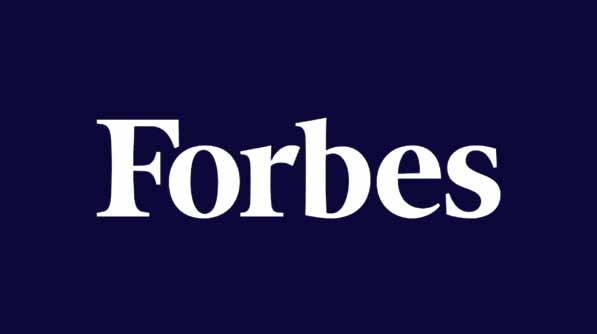The Problem
Growing freight rate volatility makes it more challenging today for companies to maintain competitiveness. It requires more frequent RFPs and market updates, such as requesting smaller rate adjustments or even “spot requests” from a subset of suppliers. Finding a tool that can manage all of that efficiently and effectively is a challenge.
That’s the situation one $17B multinational consumer products company found themselves in, facing the following challenges:
- Tightening carrier capacity
- Longer transit times
- Increasing container demurrage and detention fees
- Declining service levels
These challenges amounted to substantially higher costs year over year in the company’s Ocean Freight business. Hamstrung by manual spreadsheets and procurement processes and practices that couldn’t address these challenges, the team needed more efficiency in bid execution and better transparency across the organization. As a result, they sought Catalant’s help to find a boutique consulting firm to develop a new ocean freight strategy.
The Consultant
Marblehead Consulting Group (MCG), led by Dirk Stammnitz, was chosen for its deep expertise in supporting global shippers in managing freight procurement across all transportation modes.
One of MCG’s specialties is freight tenders (RFPs) based on favorable or less-than-favorable market conditions for shippers with heavy reliance or increasing exposure to the “spot market” and the need for more frequent spot bidding.
MCG was hired to help the client develop a new Ocean Freight Strategy which included executing a formal Ocean Freight RFP to support both Indirect Sourcing & Operations.
Project Approach
MCG’s approach started with an analysis of the client’s existing context and current annual spend on ocean freight, with primary focus on higher-volume transport lanes and origin/destination pairs.
They discovered that 100% of volumes were moving through a freight forwarder or broker (NVO model). Analysis showed that a new strategy of shifting some portion of their volume in key trades and specific lanes to a carrier direct model (BCO model) would be more cost-effective without giving up service levels.
Making the Change
With a definitive strategy to follow, MCG supported the client in engaging with several strategic carriers on preliminary discussions and negotiations, advising the client on messaging that would signal a definitive shift in their sourcing strategy with their carriers and forwarders.
Together, they executed a new annual Ocean Freight Tender over the course of 14 weeks, from RFP release to go live.
A key to success was adopting new sourcing tools and RFP best practices. MCG introduced the client to a freight procurement tool called TenderEasy. It is a best-in-class cloud-based procurement platform that is deployed in combination with a best practice bid structure and rate cards specific to each transport mode as well as several Bid Rounds to ensure the best results.
Why TenderEasy?
The challenge for many years has been finding a procurement tool that focuses specifically on Logistics & Transportation while also incorporating industry best practices. TenderEasy solves that and can be used just as effectively for all transportation modes including Domestic Full Truckload, Less-than Truckload, Ocean, Airfreight, Rail, and Parcel. TenderEasy is also part of a larger suite of transportation applications offered by Alpega Group that makes up a complete end-to-end transportation management system (TMS).
Using this tool gives Dirk and his team the ability to do extensive analysis following each bid round and run many types of scenarios and “what-ifs,” while comparing the results. With direct integrations into other key systems, the client realizes faster and more accurate results. The tool also has the ability to introduce certain constraints and other considerations, and then quantify the costs of those constraints.
The bid tool also offers the ability to provide detailed feedback to the supplier (bidder) through each Bid Round, indicating their precise position, ranking, and opportunities to improve as they consider next round submissions and strategies.
Following 3 successful bid rounds and subsequent supplier negotiations, formal awards and allocations can also be made directly through the platform. These results effectively become the carrier/forwarder contracts which are then entered into the client’s transportation management system (TMS) for billing and freight payment purposes.
The Results
After overcoming their hesitancy to shift away from an NVO model and adopting a new strategy to embrace a mix of new direct carrier and transport broker / freight forwarder models, the client realized savings of $40.8M (approx. 37%), thanks to the strategy change and the RFP sourcing event. The client was extremely satisfied with MCG’s measured approach to helping them see the value of exploring new options.
By identifying and prioritizing specific lanes with respective carriers, the effort was also more focused and deliberate. In addition to the procurement tool, MCG also introduced the client to more advanced shipment planning & consolidation with improved rate and accessorial fee visibility, in addition to improved cost and invoice compliance. MCG also incorporated reputable industry rate benchmarks into the analysis, ensuring that bids were indeed in line with the market.
It was a pleasure working with MCG. We were in constant communication throughout, and they delivered on the scope and objectives of the project. MCG was able to connect us with the right contacts in the industry and helped facilitate those conversations. Overall, we were very pleased with the outcome of the project and appreciate MCG’s expertise, communication, and professionalism.
Indirect Procurement Director, Global Category Management
Lessons for Similar Clients
Shifting transportation rates in regional and global freight markets and ongoing rate volatility due to supply and demand fluctuations means that shippers need to stay vigilant around pricing and execute freight bids more frequently. In some cases, even smaller tenders with a subset of suppliers is also highly recommended. These “mini-bids” can help manage seasonal fluctuations in the form of “general rate increases” (GRIs) and “peak season surcharges” (PSS), which typically take place in between major bid cycles.
Market rate transparency has also improved dramatically over the last few years, with more and more easily accessible industry benchmarks (ie. Xeneta, Freightos, Upply, DAT, Freightwaves, etc). The use of spot bids in order to more proactively take advantage of softer demand and lower rate opportunities is also gaining momentum.
About Marblehead Consulting Group

Marblehead Consulting Group has deep expertise in supporting global shippers in managing their freight procurement across all transportation modes, including Ocean and Airfreight, Road freight (Truckload & Less-than Truckload) as well as Parcel and Rail freight. Industries include Manufacturing & Industrial, Automotive, Retail, FMCG, and Food & Beverage among others. MCG also supports Private Equity firms following recent M&A activity or strategic carve-outs by performing a thorough analysis of their new network and revised freight spend (ie. freight under management). MCG also provides consulting support through executing quarterly and annual freight tenders (RFPs) based on favorable or less-than-favorable market conditions. MCG also supports shippers with heavy reliance or increasing exposure to the “spot market” and the need for more frequent spot bidding.
Interested in working with Dirk and MCG? Contact Us













